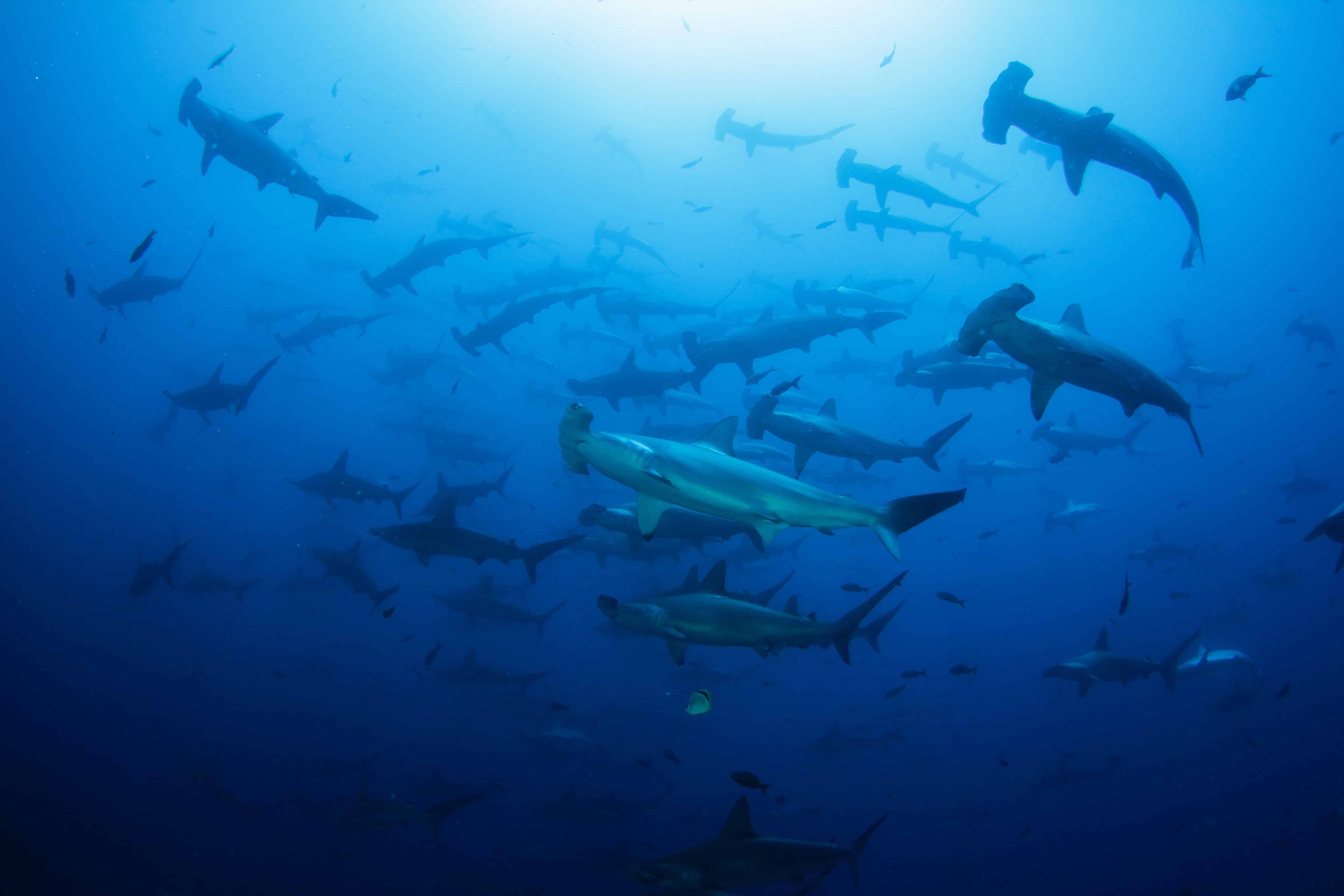Costa Rica faces growing pressure from environmental experts and lawyers to tighten enforcement of laws protecting endangered sharks. Recent court rulings have highlighted gaps in how the government handles fishing practices, allowing threatened species to slip through the net despite legal bans on their targeted capture and export.
A tribunal recently blocked exports of products from silky sharks, gray reef sharks, and three types of thresher sharks. This move stems from a push by advocates who argue that these animals, listed as threatened or endangered, should not end up in commercial trade. The decision puts the spotlight on the Chaves Robles administration, which backs the fishing sector, clashing with calls to follow judicial orders and shield these marine animals.
The National System of Conservation Areas (SINAC) maintains an official roster of at-risk species, covering hammerhead sharks like the scalloped, great, and smooth varieties; thresher sharks including pelagic, bigeye, and common; plus others such as the whale shark, whitetip reef shark, silky shark, gray reef shark, oceanic whitetip shark, shortfin mako, and longfin mako.
Laws require that any of these caught accidentally—known as bycatch—must go back into the ocean alive. Yet, reports show that incidental catches often turn into deliberate hauls, with sharks landing on docks instead of being released.
Longline fishing drives much of this activity. Crews deploy lines stretching kilometers into deep waters, baited with hundreds of hooks. While aimed at other fish, these setups snag sharks frequently. Prices tell part of the story: shark meat fetches about ₡500 per kilogram, but fins command $60 to $120 each, depending on size and type. Tail and side fins draw the highest values, fueling illegal trade networks that persist despite regulations.
Environmental lawyer Walter Brenes, who filed for the recent court injunction, points out the scale of the issue. He found evidence that fleets target protected sharks outright, not just snag them by chance. “The fishing isn’t occasional,” Brenes said. “It’s aimed at species SINAC declared endangered back in 2021. These are wildlife, not commodities for export.”
Fellow lawyer Silvia Matamoros echoes this, noting how lax oversight and economic incentives have let the problem grow. “Government delays, poor monitoring, and no real push to act have made things worse,” she explained.
Biologist Randall Arauz, a marine policy consultant, adds that courts have ruled since 1999 that endangered sharks fall under wildlife laws, not fishing rules. “The Supreme Court’s First Chamber says the same now, but officials still treat them as commercial stock under INCOPESCA rather than MINAE,” Arauz stated.
Maike Heidemeyer from the Center for the Rescue of Endangered Marine Species (CREMA) shares the worry. She stresses that ignoring these protections harms Costa Rica’s reputation as an eco-friendly nation. “We need to fix the legal and institutional holes, honor court decisions, and stick to global agreements,” Heidemeyer said.
On the fishing side, Mauricio González of the National Federation of Longliners claims sharks make up 40% of annual catches but insists they’re not the main target. “We release hammerheads and oceanic whitetips when caught,” he noted. Still, experts counter that bycatch rules get bent, with threatened species like gray reef and thresher sharks often kept.
The Ministry of Environment and Energy (MINAE) reports working with the Costa Rican Institute of Fishing and Aquaculture (INCOPESCA) on guidelines for handling and releasing hammerheads. These manuals sit under review, but critics say action lags behind promises.
This isn’t new. Back in 2023, the Supreme Court declared hammerhead sharks as wildlife, banning their sale or export. Yet, a 2025 report from Mongabay revealed Costa Rica overlooked a similar mandate, letting hammerhead fin exports continue. Investigations into irregularities, like the re-export of over 12 tons of hammerhead fins, now sit with the Environmental Prosecutor’s Office.
Global voices have joined the call. Over 90 conservation groups urged former President Carlos Alvarado in 2021 to safeguard sharks, and similar pleas continue. Proposals at international forums, like CITES, aim to list more species for trade restrictions, with Panama leading efforts on requiem and hammerhead sharks.
If Costa Rica aims to keep its green credentials, experts say it must act now. Closing enforcement gaps could balance marine health with livelihoods, ensuring sharks thrive in Pacific waters. Without change, these ancient predators risk vanishing from local seas.






